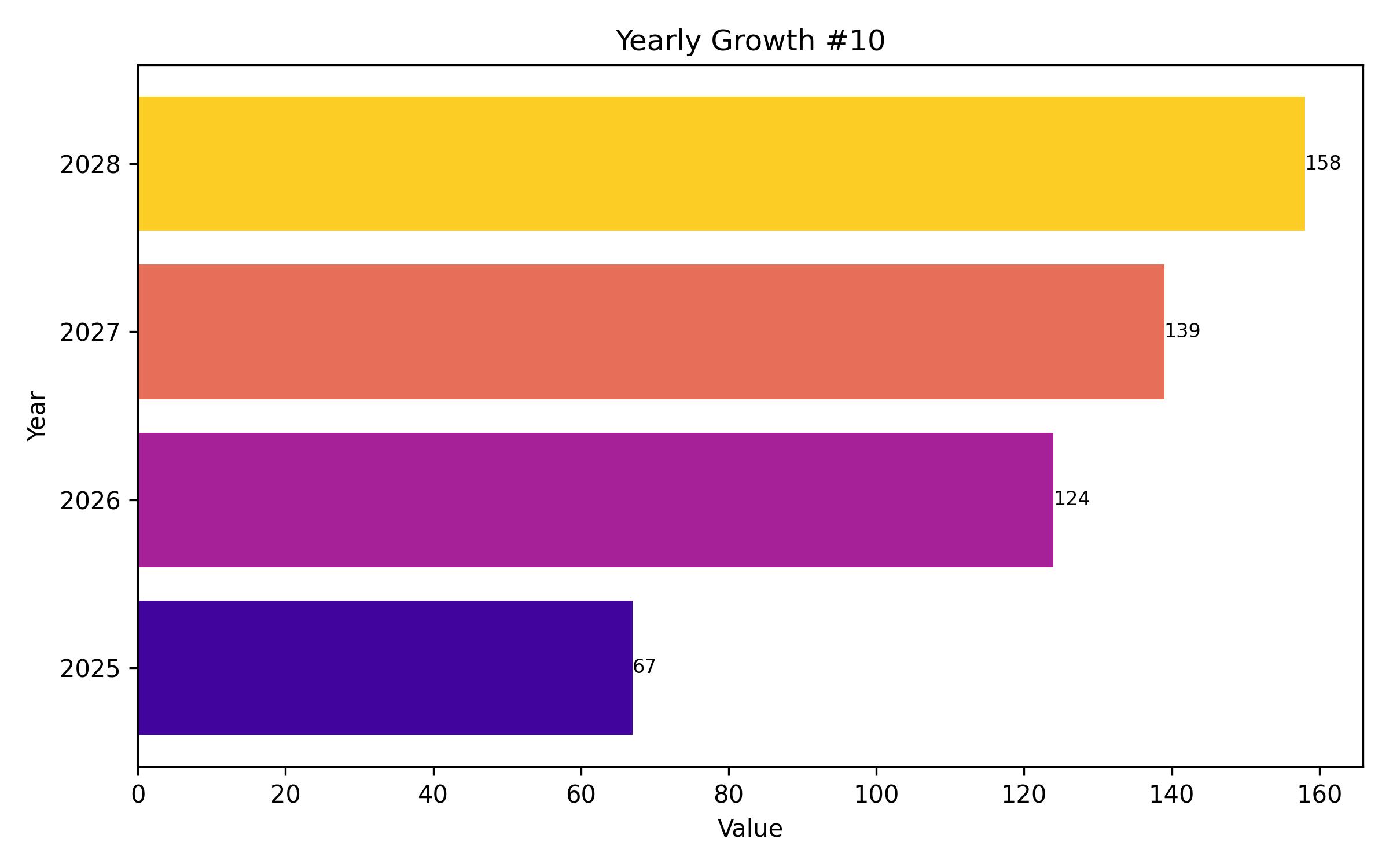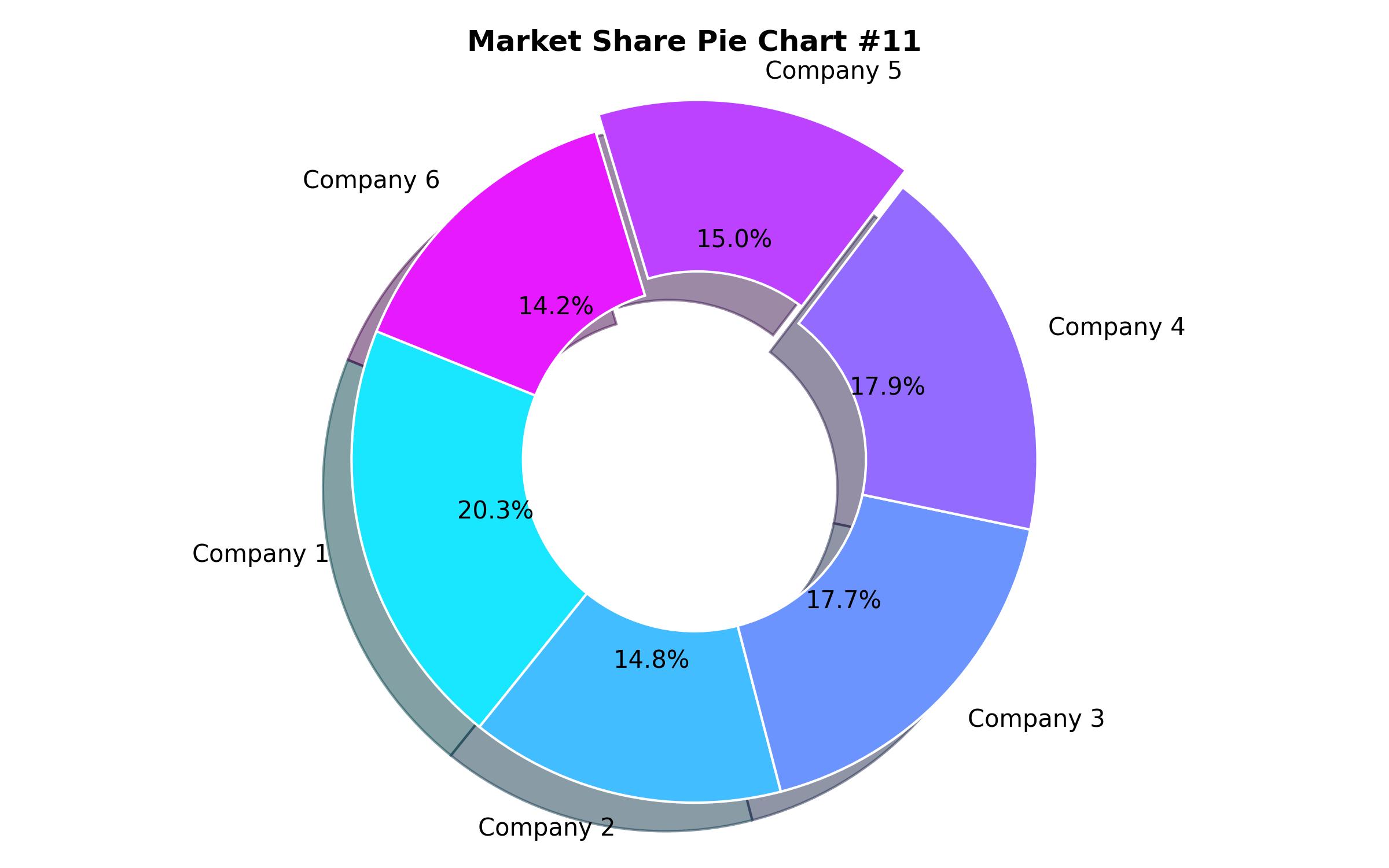Market Analysis and Future Projections for the Individually Quick Frozen Fruits and Vegetables Sector
Overview:
The IQF (Individually Quick Frozen) fruits and vegetables market is poised for significant expansion over the coming decade. Forecasts indicate that the market will attain a value of USD 7.35 billion in 2025, increasing to USD 10.85 billion by 2035, reflecting a projected compound annual growth rate of 3.8% during this period. This anticipated growth is underpinned by evolving consumer dietary habits and the increasing importance of convenient, healthy food choices.
The IQF process, which involves rapidly freezing individual pieces of produce, is crucial for maintaining the quality, nutritional value, and fresh taste of fruits and vegetables. This method is particularly advantageous as it allows for precise portion control and reduces potential food waste, making IQF products highly appealing for both home use and commercial applications within the food service sector.
A significant driver for market growth is the increasing awareness among consumers regarding health and nutrition. As more individuals prioritize fruits and vegetables in their diets, the demand for easily accessible and nutritional produce, like IQF variants, escalates. Furthermore, the shift towards plant-based diets and the recognition of the health benefits associated with minimally processed foods are contributing to the market’s upward trajectory.
Advances in freezing technology and processing techniques are also playing a pivotal role in market development. Innovations are continuously enhancing the efficiency of IQF processes, further preserving the textural and nutritional integrity of the produce. These technological improvements are making IQF fruits and vegetables a more attractive alternative to traditional frozen or fresh options.
The integration of unique and exotic fruits and vegetables into the IQF format is also contributing to market diversity and consumer interest. Items such as dragon fruit and jackfruit, preserved through IQF technology, are providing consumers with greater ingredient variety.
The growth of urban populations, characterized by busy lifestyles, is also a key factor driving demand. Urban consumers often seek quick and easy meal solutions, and IQF fruits and vegetables provide precisely that, offering pre-prepared ingredients that require minimal handling.
The future outlook for the IQF fruits and vegetables market remains positive, as it aligns with prevailing consumer trends towards health, convenience, and reduced food waste. Continued technological progress and evolving product offerings suggest sustained growth in the coming years, solidifying the market’s position within the broader food sector.

| Report Attribute | Details |
|---|---|
| Market Size in 2025 | USD 7.35 billion |
| Revenue Forecast for 2035 | USD 10.85 billion |
| Growth Rate (CAGR) | 3.8% from 2025 to 2035 |
| Base Year for Estimation | 2024 |
| Historical Data | 2019 – 2023 |
| Forecast Period | 2025 – 2035 |
| Quantitative Units | Revenue in USD million/billion and CAGR from 2025 to 2035 |
| Report Coverage | Revenue forecast, company market share, competitive landscape, growth factors, and trends |
| Covered Segments | Product Type, End Use, and Region |
| Regional Scope | North America, Europe, Asia Pacific, Latin America, MEA |
| Country Scope | U.S., Canada, Germany, France, U.K., Italy, Spain, China, Japan, India, Australia, South Korea, Brazil, Mexico, Argentina, GCC Countries, South Africa, North Africa |
| Key Companies Analyzed | Novozymes A/S, Advanced Enzymes Technologies Ltd, BASF SE, Royal DSM N.V., E.l. Du Pont de Nemours & Company, Rossari Biotech Limited, AB Enzymes GmbH, Lallemand Inc., Amano Enzymes Inc., Biocatalysts Limited, Creative Enzymes, Nagase & Co., Ltd., Chr Hansen Holding A/S, Jiangsu Boli Bioproducts Co. Ltd., Kemin Industries, Inc |
| Customization Options | Free report customization (up to 8 analysts working days) with purchase. Changes to country, regional, and segment scope |
| Pricing and Purchase Options | Customizable purchase options for tailored research needs |

Report Coverage & Deliverables
- Market Trends And Dynamics
- Competitve Benchmarking
- Historical data and forecasts
- Value/Volume analysis
- Company revenue shares and key strategies
- Regional opportunities
This is an indicative segmentation. Please request a sample report to see detail segmentation of this market.
Detailed Market Segmentation
- By Product Type
- Fruits
- Vegetables
- By End Use
- Food Service
- Retail
- By Region
- North America (U.S., Canada)
- Europe (Germany, France, U.K., Italy, Spain)
- Asia Pacific (China, Japan, India, Australia, South Korea)
- Latin America (Brazil, Mexico, Argentina)
- Middle East & Africa (MEA) (GCC Countries, South Africa, North Africa)
Table of Content
- Executive Summary
- Market Overview
- Key Market Trends
- Growth Factors and Driving Forces
- Market Demand Analysis 2020 to 2024 and Forecast, 2025 to 2035
- Market Pricing Analysis
- Market Volume Analysis 2020 to 2024 and Forecast, 2025 to 2035
- Market Background
- Market Analysis 2020 to 2024 and Forecast 2025 to 2035, By Product Type
- Fruits
- Vegetables
- Market Analysis 2020 to 2024 and Forecast 2025 to 2035, By End Use
- Food Service
- Retail
- Market Analysis 2020 to 2024 and Forecast 2025 to 2035, By Region
- North America
- Europe
- Asia Pacific
- Latin America
- Middle East & Africa
- North America Market Analysis 2020 to 2024 and Forecast 2025 to 2035
- Europe Market Analysis 2020 to 2024 and Forecast 2025 to 2035
- Asia Pacific Market Analysis 2020 to 2024 and Forecast 2025 to 2035
- Latin America Market Analysis 2020 to 2024 and Forecast 2025 to 2035
- Middle East & Africa Market Analysis 2020 to 2024 and Forecast 2025 to 2035
- Regional Market Share Analysis 2025 & 2035
- Market Structure and Competitive Landscape
- Competition Analysis
- Leading Company Profiles
- Key Market Developments
- Assumptions and Research Methodology
